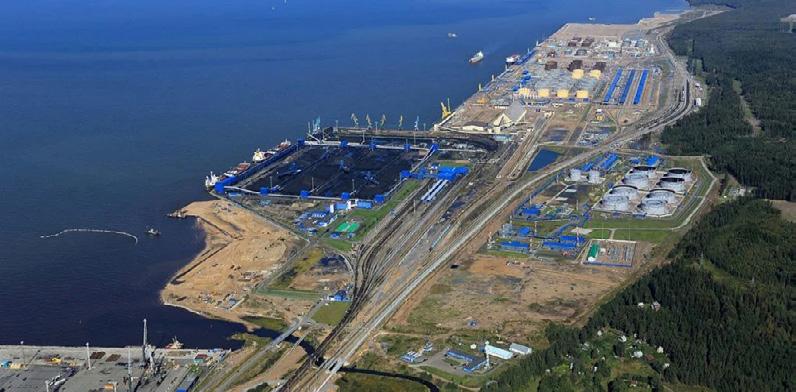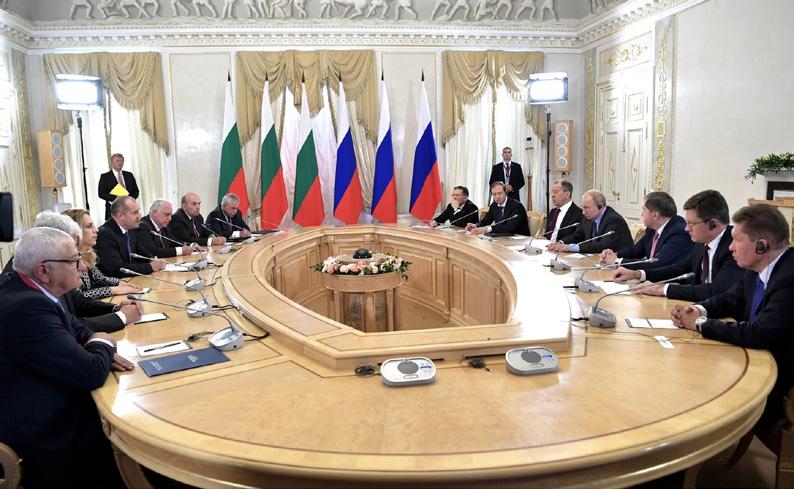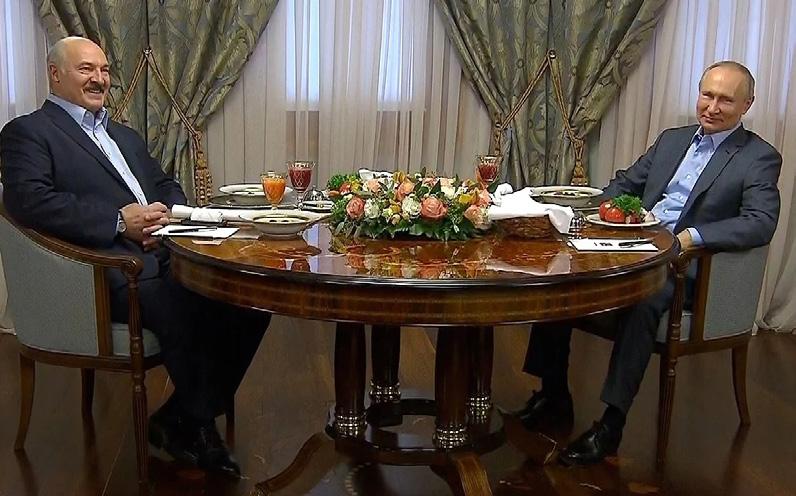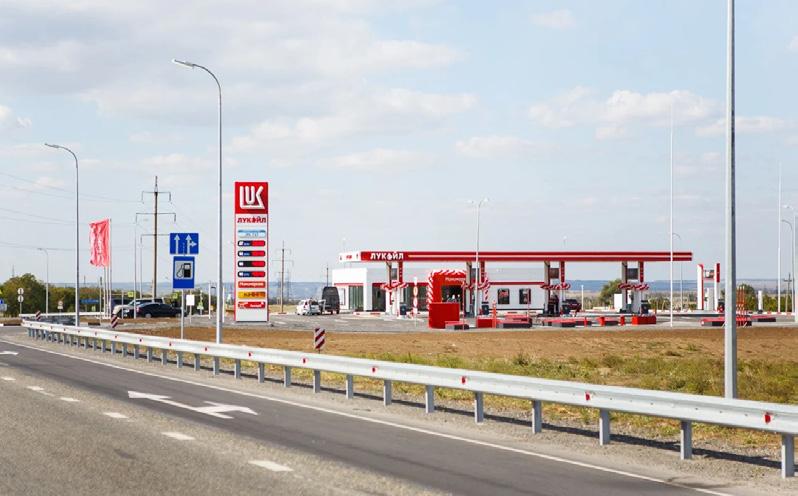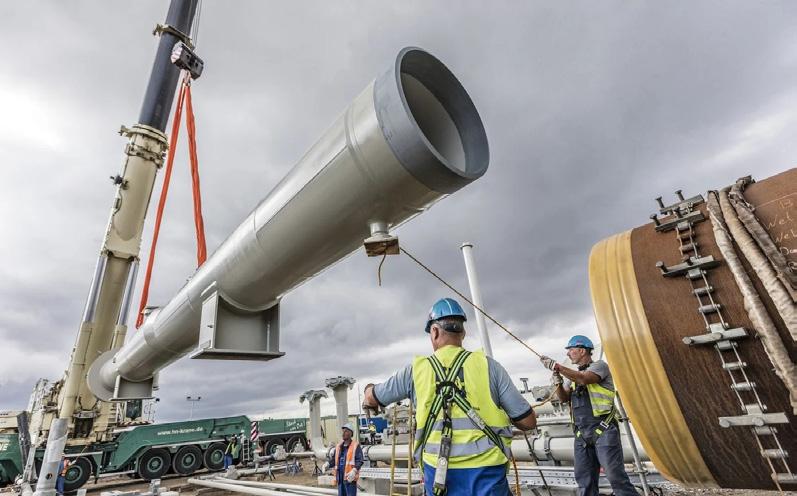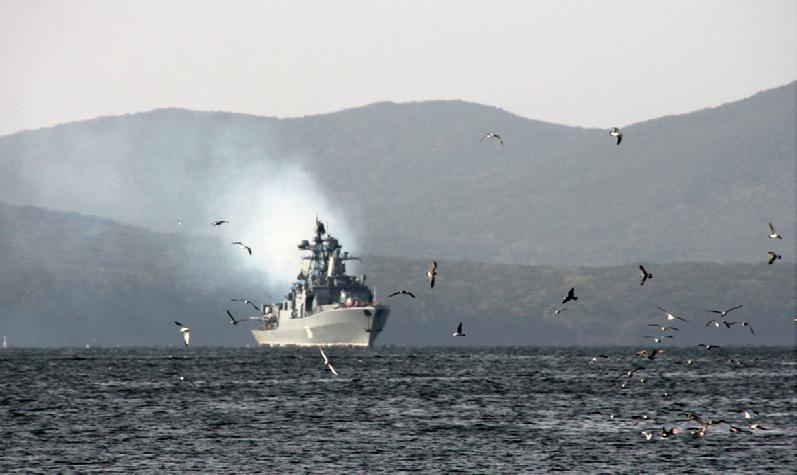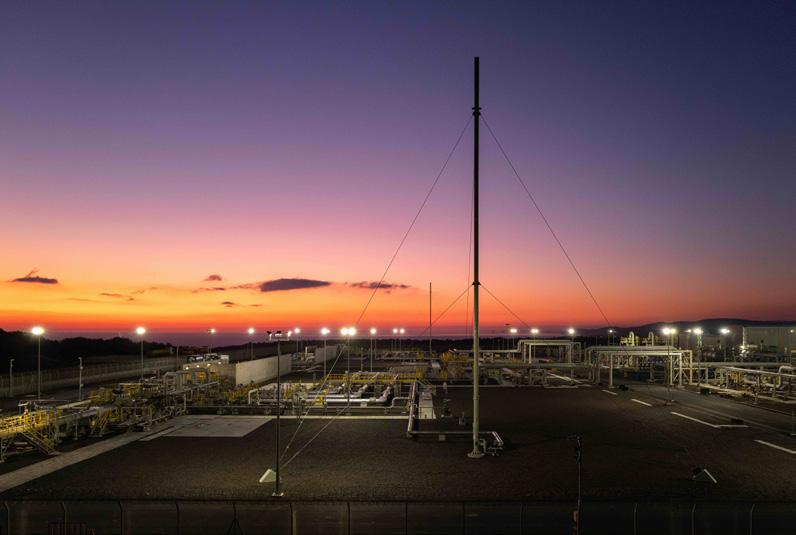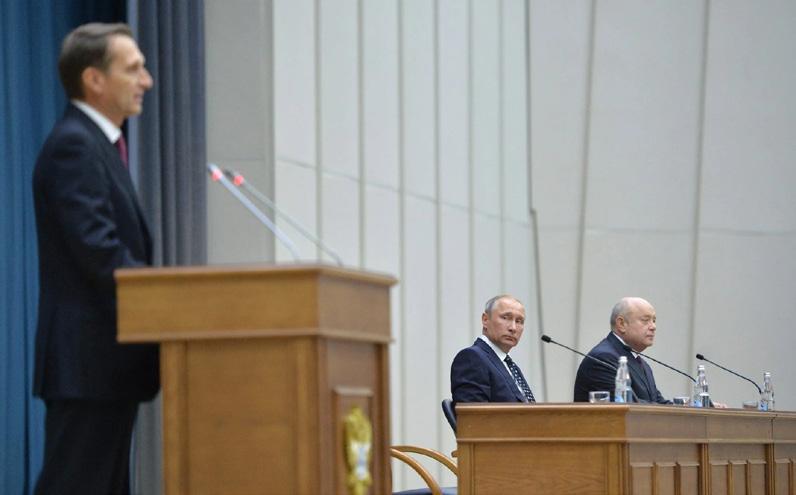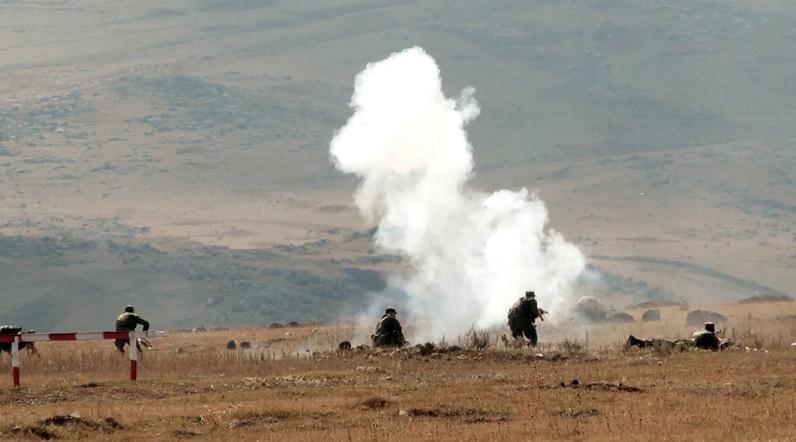
3 minute read
HOW MUCH WILL LUKASHENKO PAY FOR THE SUPPORT OF RUSSIA?
seriously, but expects evidence because the representatives of the Prosecutor General’s Office and the Ministry of Internal Affairs are of the opinion that there are no reasons to open a criminal case. Alexander Lukashenko was supposed to help the Russian narrative. It is not known whether he came up with it himself or if Moscow suggested it to him, but during the meeting with the Russian Prime Minister he said that his intelligence services intercepted Warsaw’s conversation with Berlin, which proves that Navalny’s poisoning is a fraud. The record of the alleged conversation was later revealed and is an absolute disgrace to the Belarusian regime. The incompetence of this forgery is indeed shocking. And yet, it has served Moscow. “Foreign Intelligence Service is closely following what is happening in Belarus, as well as the plans of the West in relation to this country,” said Sergey Naryshkin – head of the SVR, on September 2. He assured that he is in contact with the Belarusian special forces. One day later Naryshkin did not rule out that Lukashenko’s opinion that the poisoning of Alexei Navalny could be a fake is justified. He added that he himself allows such an option. The head of the SVR argued that the doctors who examined Navalny at the hospital in Omsk did an excellent job and they could be trusted. Naryshkin’s words harmonize with those of the Chairman of the State Duma. Vyacheslav Volodin questioned the assessment of the German doctors, saying that Russia has not received “any information about Navalny’s condition since he crossed the Russian border.” “If something happens to him now and his condition deteriorates, we will not be able to rule out that it was a provocation orchestrated in the territory of Germany,” Volodin declared. The materials provided by Belarus on the case of Alexei Navalny “circulate among the special services” and “respectively are analyzed by our special services,” said the Kremlin spokesman Dmitry Pskov on September 4. He accused the German doctors treating Navalny in a hospital in Berlin of not being as open as the medics in Omsk, where Navalny was treated first after he lost consciousness. On September 6, Maria Zacharowa – a spokeswoman for the Russian Ministry of Foreign Affairs, stated that the German side was delaying the examination of the oppositionist’s health. She asked whether this delay was not intentional and allowed the possibility that Berlin was playing a “double game.”
7 September 2020 HOW MUCH WILL LUKASHENKO PAY FOR THE SUPPORT OF RUSSIA?
Advertisement
The Belarusian dictator remains in power only thanks to the support of the Kremlin. Of course, Russia will dictate a high price for this. The details, or at least some of them, will probably revealed during Alexander Lukashenko’s visit to Moscow in September. Intensification of contacts between the heads of diplomacy and defense as well as, above all, the appearance of the Russian Prime Minister
SOURCE: PRESIDENT.GOV.BY
in Minsk, mean that the details of the new Belarus-Russia agreements are being established. Moscow is likely to promise Lukashenko further economic support, for example in the form of cheap oil and gas, and in return, a rapprochement between the two countries will be announced as a part of the union agreement. This means, de facto, increasing Russian control over Belarus.
Russian Prime Minister – Mikhail Mishustin, paid a visit to Minsk on September 3. The parties announced that the Russian Prime Minister’s one-day stay in the capital of Belarus was devoted to economic and energy issues. During the meeting with Alexander Lukashenko, Mishustin noted the progress in strengthening the union agreement between the two countries, which provides for close political, economic and military contacts. “We have deployed actually a half of our Belarusian army. We actually placed under control the western borders with Lithuania and Poland. And, as I frequently say, we have actually encircled Grodno,” said Lukashenko. The antiPolish rhetoric of the President of Belarus were in line with Moscow’s attitude. A spokeswoman for the Russian Ministry of Foreign Affairs said that the Polish authorities are “at the forefront of the EU’s unfriendly policy towards Belarus.” Maria Zakharova accused Poland of exerting pressure on Belarus and supporting Belarusian opposition forces. As for Prime Minister Mishustin’s visit to Minsk, it is worth noting that he was accompanied by two Deputy Prime Ministers and five Ministers. The visit was of a technical nature – it served to establish the details of new agreements deepening the integration of Belarus and Russia and defining Russian aid for Minsk (for example, gas and oil prices) before Lukashenko’s upcoming visit to Moscow. Most probably these arrangements

